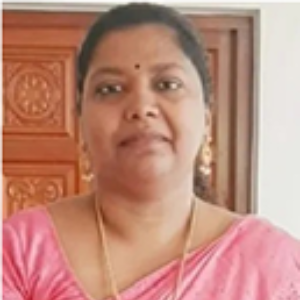Title : Metal oxide nanoparticles and nanocomposites as photocatalysts and adsorbents
Abstract:
Industrialization and urbanization have seriously led a high threat to public health and environment. Industrial effluents contain huge waste including organic dyes and heavy metal ions which generally has hazardous effects. So, it was essential to find a new way to remove these harmful materials from reaching environment. The various conventional technologies currently employed in the removal of effluents in industrial water are classical and do not lead to complete removal of these pollutants. The novel treatment methods that are more effective when compared to other conventional methods led to the development of photocatalysis and adsorption. Of all the known methods, photocatalysis has proved to be one of the most effective methods for the removal of organic dyes and adsorption for the removal of heavy metal ions. Metal oxide nanoparticles and their nanocomposites are found to be interesting for their remarkable properties and also a good candidate for these applications. Nowadays fabrication of composite structures and devices with materials capable of enhancing the properties of the component materials and also show new synergetic properties when compared with the combined materials are becoming important. In this presentation various synthesis routes used for the preparation of metal oxides and their nanocomposites will be discussed. Comparison of the structural and optical characterization of the nanocomposites with the counter parts and also the application of these nanoparticles and nanocomposites as photocatalyst and as adsorbents will be discussed. In case of photocatalytic studies, the various factors affecting the process such as contact time, concentration of dye solution and photocatalyst dose will be discussed and in case of adsorption studies the factors affecting the process such as contact time, pH, concentration of adsorbates, adsorbent dose, agitation speed and temperature were also investigated and compared which will be discussed here. Studies showed better results for the nanocomposites when compared to their counter parts.


